 |
| Mr. Nguyen Hong Son, Chairman of the Union of Vietnamese Associations in Japan. Photo: VNA |
This is not only a succession in terms of personnel, but also an opportunity for the Communist Party of Vietnam to continue to affirm its comprehensive leadership role, ensuring sustainable development and prosperity for the country, as well as inheriting and promoting the legacy of the late General Secretary Nguyen Phu Trong. Dr. Nguyen Hong Son, Chairman of the Union of Vietnamese Associations in Japan, emphasized this in an interview with a VNA reporter in Tokyo.
According to Dr. Nguyen Hong Son, in the context of many fluctuations in the world, maintaining economic stability, improving the investment environment and strengthening international cooperation are essential for Vietnam to maintain and enhance its position in the international arena. In addition, building a strong Party and political system is an indispensable task.
To ensure stability and sustainable development, the Communist Party of Vietnam needs to continue training and fostering a contingent of cadres with sufficient talent, virtue and strategic vision. The consensus and determination of the entire political system will be a solid foundation to continue and promote the values that the late General Secretary Nguyen Phu Trong, a visionary leader who is steadfast in the core values of the Communist Party of Vietnam, has laid the foundation for in the past.
Dr. Nguyen Hong Son said that with President To Lam being elected General Secretary, the Party Central Committee has a great responsibility in inheriting and promoting these legacies.
Referring to the five priorities in Vietnam's foreign policy in the coming time that General Secretary and President To Lam has put forward, Dr. Nguyen Hong Son pointed out that this viewpoint has demonstrated the continuation and development of Vietnam's traditional diplomatic strategies, while opening up new directions to enhance Vietnam's position and role in the international arena. This is an important and necessary step to ensure sustainable development and prosperity for the country.
Dr. Nguyen Hong Son stated that promoting relations with neighboring countries and strategic partners not only helps Vietnam strengthen political trust and intertwined interests but also creates a solid foundation for economic, trade and security cooperation.
By maintaining and developing good relations with neighboring countries, including China, Laos, Cambodia and comprehensive strategic partners, including the US, Japan and South Korea, Vietnam can take advantage of development opportunities while ensuring regional stability and security. Increasing contributions to maintaining peace and stability in the region and the world not only helps build Vietnam's image as a peace-loving country but also contributes to the stability and sustainable development of Southeast Asia and the world.
Enhancing multilateral diplomacy is also one of the strategic priorities and needs to continue to be promoted in Vietnam's foreign policy. Promoting Vietnam's role in regional organizations such as ASEAN, the Asia-Pacific Economic Cooperation (APEC) Forum and in major multilateral forums such as the United Nations not only helps to enhance the country's position but also creates opportunities for Vietnam to participate in the process of shaping international rules and standards. This also means that Vietnam must continue to improve the capacity and quality of its diplomatic staff, ensuring that they have sufficient knowledge and skills to represent and protect national interests in the international arena.
From the perspective of an overseas Vietnamese working abroad, Dr. Nguyen Hong Son believes that promoting the role of an active and responsible member in the international community is an important part of Vietnam's diplomatic strategy. This stance not only affirms Vietnam's commitment to international treaties and commitments but also affirms that Vietnam will continue to contribute to global issues such as climate change, food security, and sustainable development.
Assessing the fight against "internal invaders" when General Secretary and President To Lam affirmed that he will continue to promote the prevention and fight against corruption and negativity according to the motto of non-stop, non-stop, no forbidden zones, no exceptions, regardless of who the person is, Dr. Nguyen Hong Son said that with the strong direction from high-ranking leaders, the work of preventing and fighting corruption in Vietnam promises to continue to achieve positive results.
This will contribute to reducing corruption, improving the effectiveness of state management, and at the same time building a clean and strong political environment, towards the sustainable development of the country. Dr. Nguyen Hong Son recalled that under the direction of the Party and the State, in recent years, a series of major corruption cases, related to many fields, have been exposed, with many senior officials being strictly handled.
This not only affirms the Party's determination to clean up the state apparatus but also strengthens people's trust in the fight against corruption. The affirmation of General Secretary and President To Lam that he will continue to promote the work of preventing and combating corruption is a clear demonstration of the commitment of the highest leader in the Party to maintain discipline and transparency in the political and social system.
According to Dr. Nguyen Hong Son, in the process of implementing the goals of the Resolution of the 13th National Party Congress, in which the key goal is to strive to become a developing country with modern industry and high average income by 2030, Vietnam has achieved many encouraging results, but also faces a number of challenges that need to be resolved.
First of all, the Vietnamese economy has maintained a stable growth rate, despite the difficulties after the COVID-19 pandemic and global geopolitical fluctuations. The Government has implemented many policies to stimulate demand, support businesses, boost exports and attract foreign investment. Thanks to that, key industries such as electronics, textiles, and manufacturing continue to develop, making important contributions to the growth of Gross Domestic Product (GDP) and creating many jobs. In particular, the digital transformation and application of high technology are being strongly promoted, helping Vietnam improve labor productivity and economic efficiency.
Vietnam has also made progress in improving its infrastructure, with many important projects such as highways, airports and seaports being implemented. These efforts not only facilitate economic development but also enhance the country's competitiveness in the context of international integration. In addition, the legal system and economic management mechanism have also been improved, creating a favorable environment for production and business activities and attracting investment.
However, Vietnam also faces many challenges, especially in improving the quality of human resources and innovating the growth model.
Therefore, to achieve the goal of becoming an upper-middle-income country by 2030, according to Dr. Nguyen Hong Son, Vietnam needs to continue investing in education, training and scientific research, while promoting institutional reform and overcoming bottlenecks in economic development. In addition, resource management, environmental protection and climate change response are also urgent issues that Vietnam needs to address to ensure sustainable development. Dr. Nguyen Hong Son affirmed that with determination and the right direction, Vietnam can overcome challenges and achieve great achievements in the coming time.
Source: https://baothuathienhue.vn/chinh-tri-xa-hoi/tri-thuc-nguoi-viet-tai-nhat-ban-ky-vong-dat-nuoc-se-phat-trien-ben-vung-va-thinh-vuong-143873.html








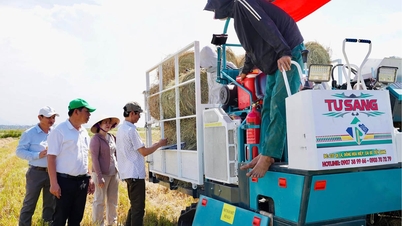

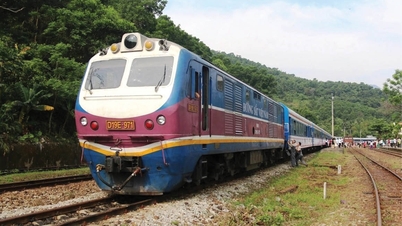

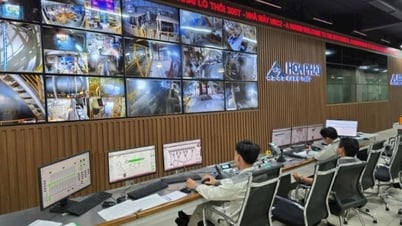
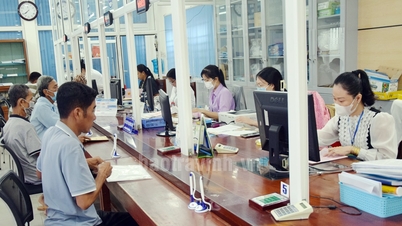
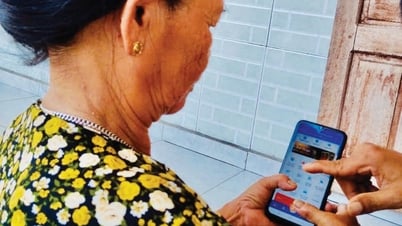




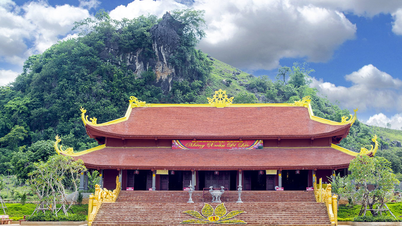
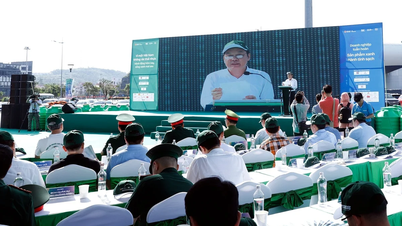


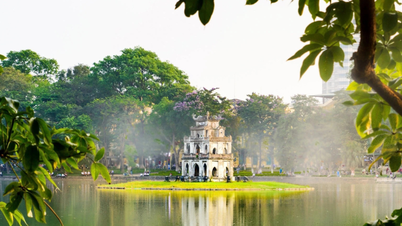
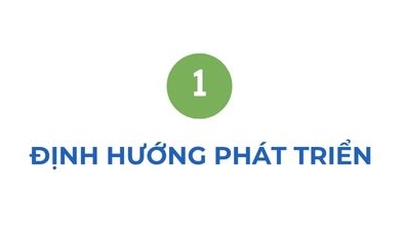



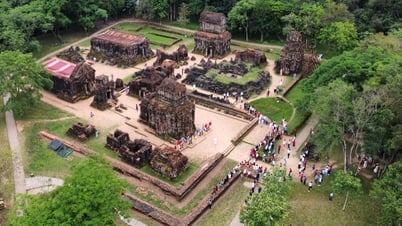



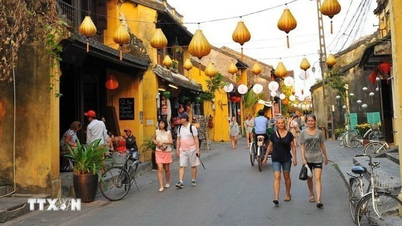







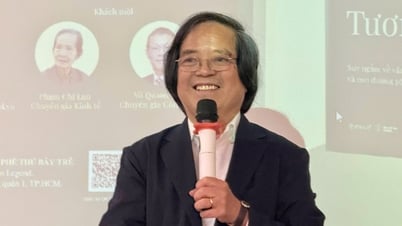



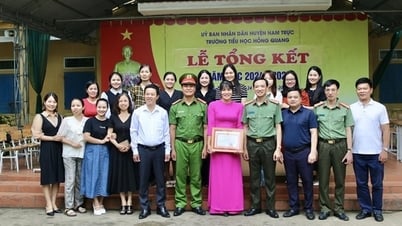






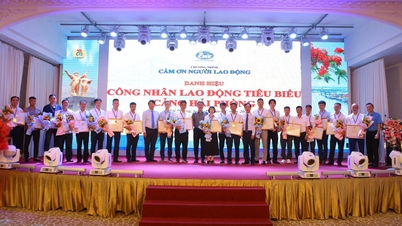

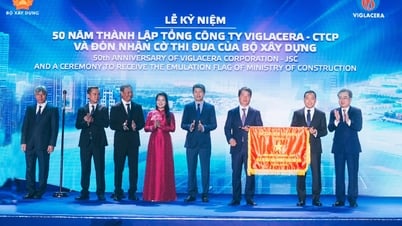


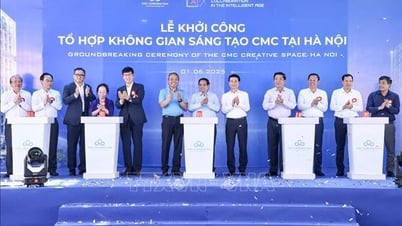


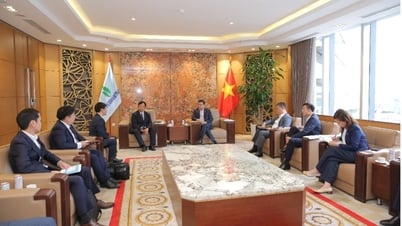
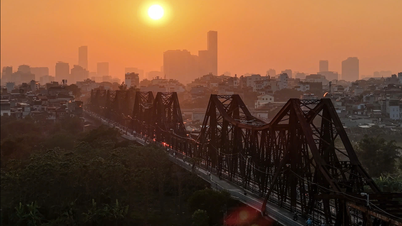



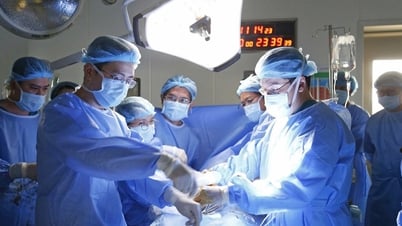
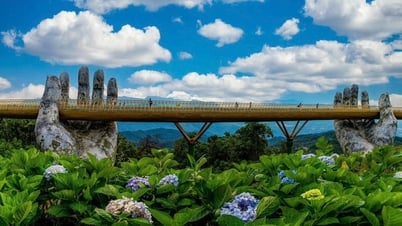

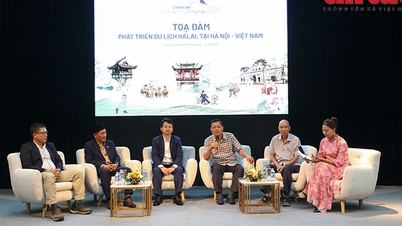

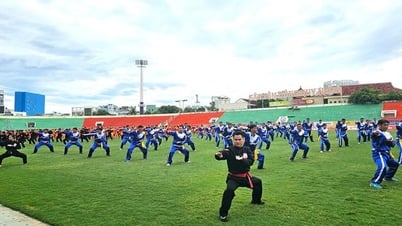

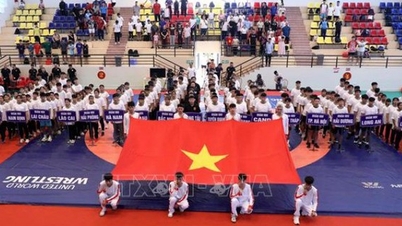
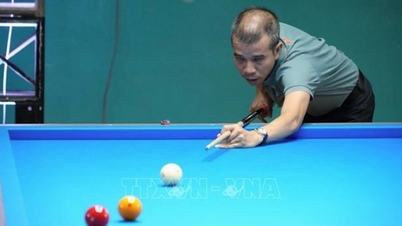
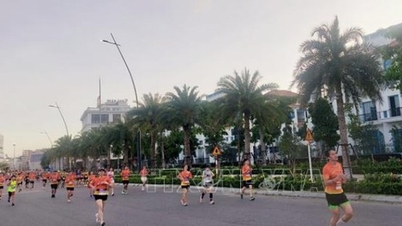

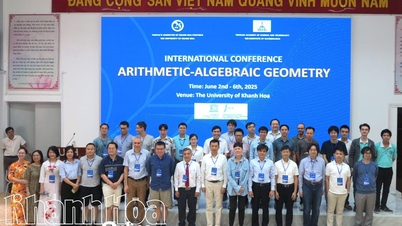

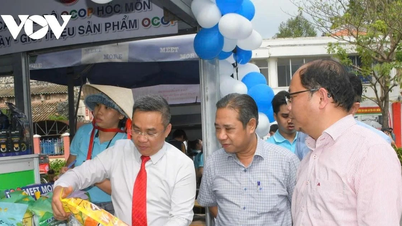

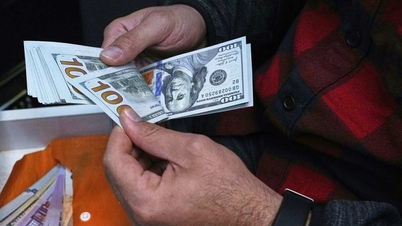

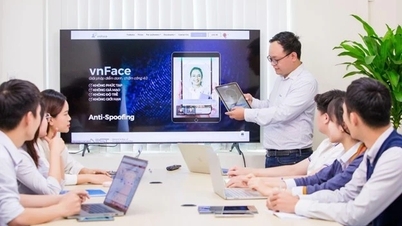
















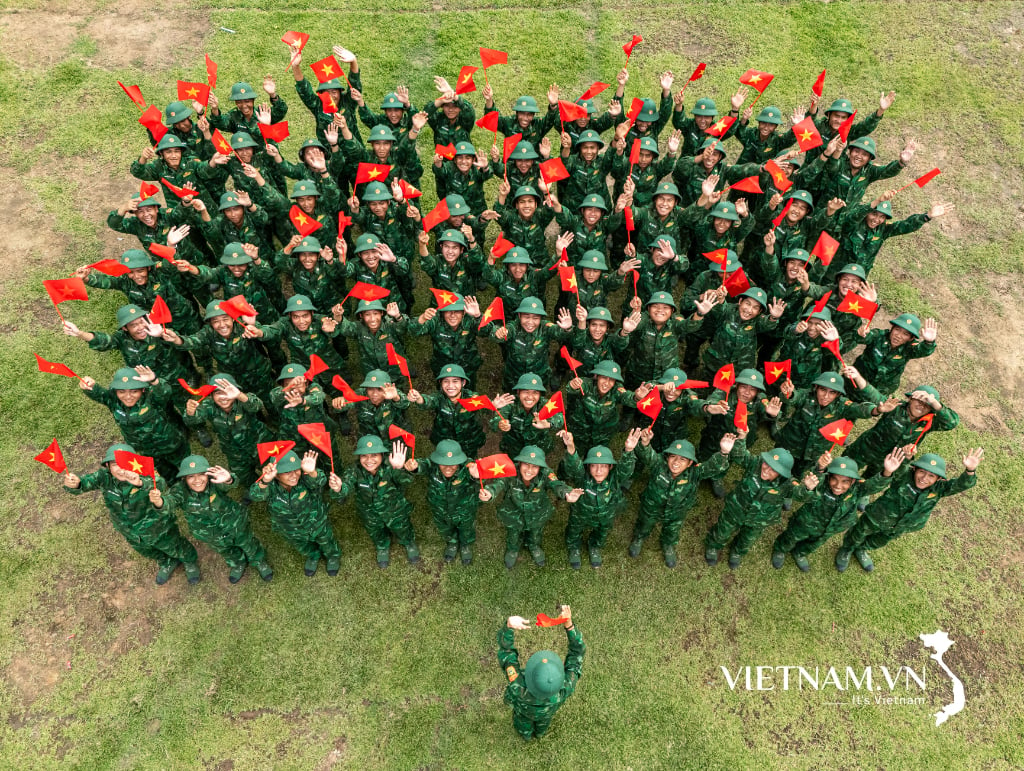

Comment (0)